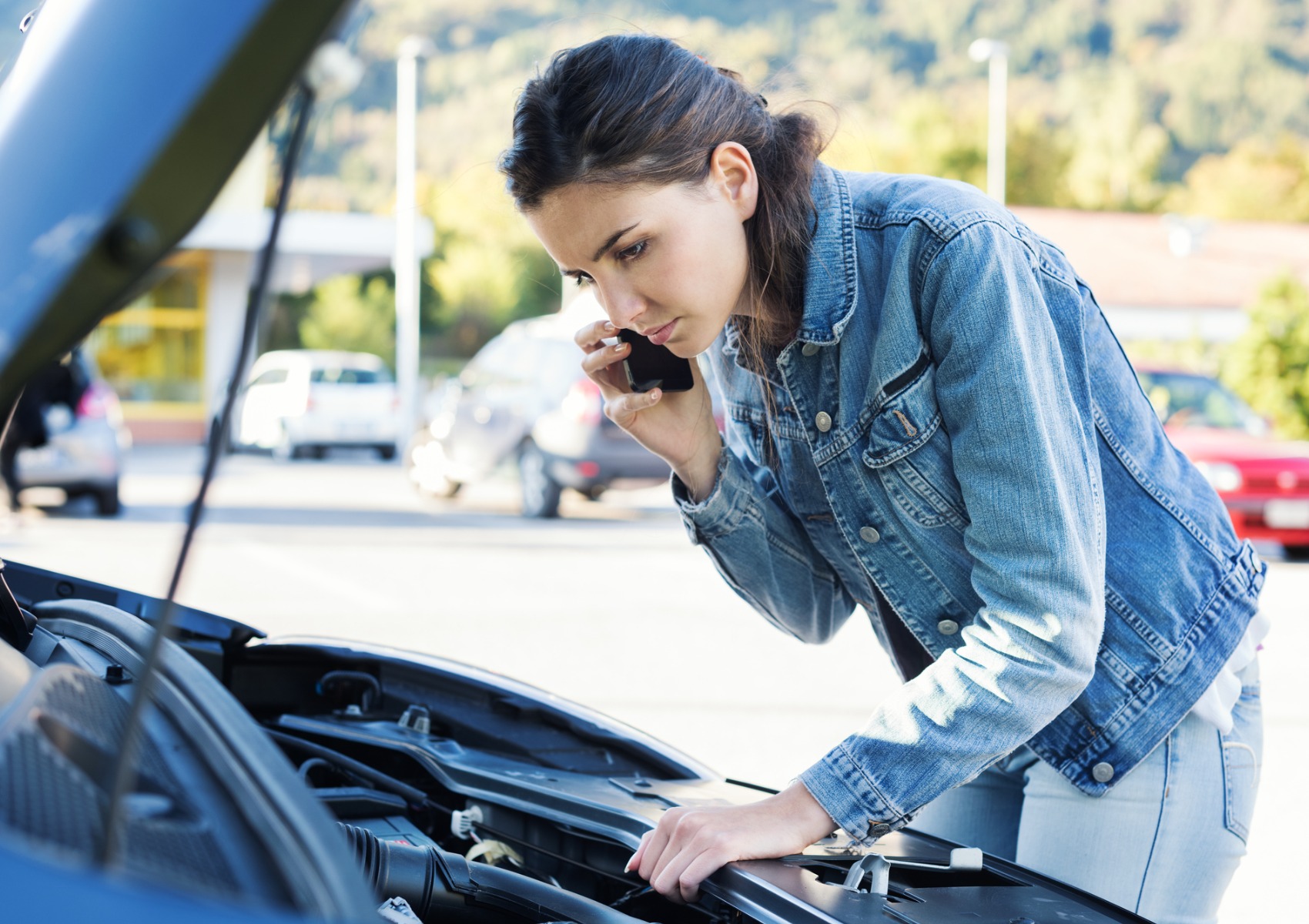It seems that emergencies always strike when you least expect them.
I went out of town this past weekend on a girls' trip, where I probably spent a little more money than I should have, and wouldn't you know it; my car broke down on the way home from the airport. My first thought was, "please don't let this be expensive," and my second was, " all that money I just spent on my trip would come in handy right now."
Unfortunately, wishing my worries away isn't going to pay for the auto repairs. Luckily, I have an emergency savings account. Although I hate depleting it, times like this are precisely what that safety net is for.
I couldn't help but think of the trouble and panic I'd feel if I didn't have my emergency savings account to fall back on, so I wanted to share the tips below from BALANCE on how to jump-start your emergency fund.
Every adult needs an emergency fund. An emergency fund, or “rainy day fund”, gives you a financial cushion to handle emergencies like car repairs or your pet’s surgery without going into debt (and paying boatloads of interest in the long term).
Here are three tips to start building a few months’ worth of savings:
Give up one luxury for a month
Building a cash cushion may seem impossible with a small paycheck, but saving even ten dollars a week can add up over time. You may not want to sacrifice a luxury like daily lattes or expensive nights out forever. As an alternative, forgo them for a short period and channel the extra cash into an emergency fund. Then, next month, you can switch your luxury expense to something else.
The amount of money you save, while modest, can be the difference between paying for groceries in cash and putting them on your credit card, which will cost you more money in the long term through interest.
Start making money on the side
One way to take the pressure off a small paycheck and increase your savings is to pick up extra work outside of your normal job. This might be selling items online or driving for a rideshare company. Ideally, it should be flexible so you can commit more or less time to it depending on your needs. Any money you earn can be deposited into your emergency fund.
Keep it close… but not too close
One of the most important aspects of your rainy day fund is where you keep it. If your fund is lumped up in your checking account, or sitting in your wallet in the form of bills, it can be too easy to spend.
A rainy day fund should be easy to access for emergencies, but not so easy that you dip into it for normal expenses. Perhaps the best option is to add it to your normal savings account, as long as you can resist the urge to withdraw it on a whim.





